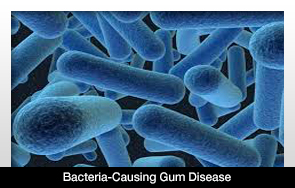 |
A new study indicates that some bacteria may be capable of grow an appendage and swimming to a new area. This activity has recently been seen in marine sponges.
This information is applicable to dentistry because it may aid the way harmful bacteria in the mouth are understood. It’s possible that the bacteria in the plaque on teeth and in other areas of the body could be treated in a different, more advanced manner.
Bacteria have the ability to communicate with other bacteria. When a critical mass of bacteria is present in a certain area, an appendage known as a flagellum appears and finds a way to swim to a new area. A new biofilm can then develop.
All things considered, there are more bacteria on earth than all other forms of life combined. The more that is understood about bacteria, the more chance there is that the bacteria will be combatted in a more educated way.
This new study by scientists from the University of Maryland Center for Environmental Science’s Institute of Marine and Environmental Technology, Indiana University, and University of Colorado Denver’s School of Medicine, appears in the September issue of Molecular Microbiology.











